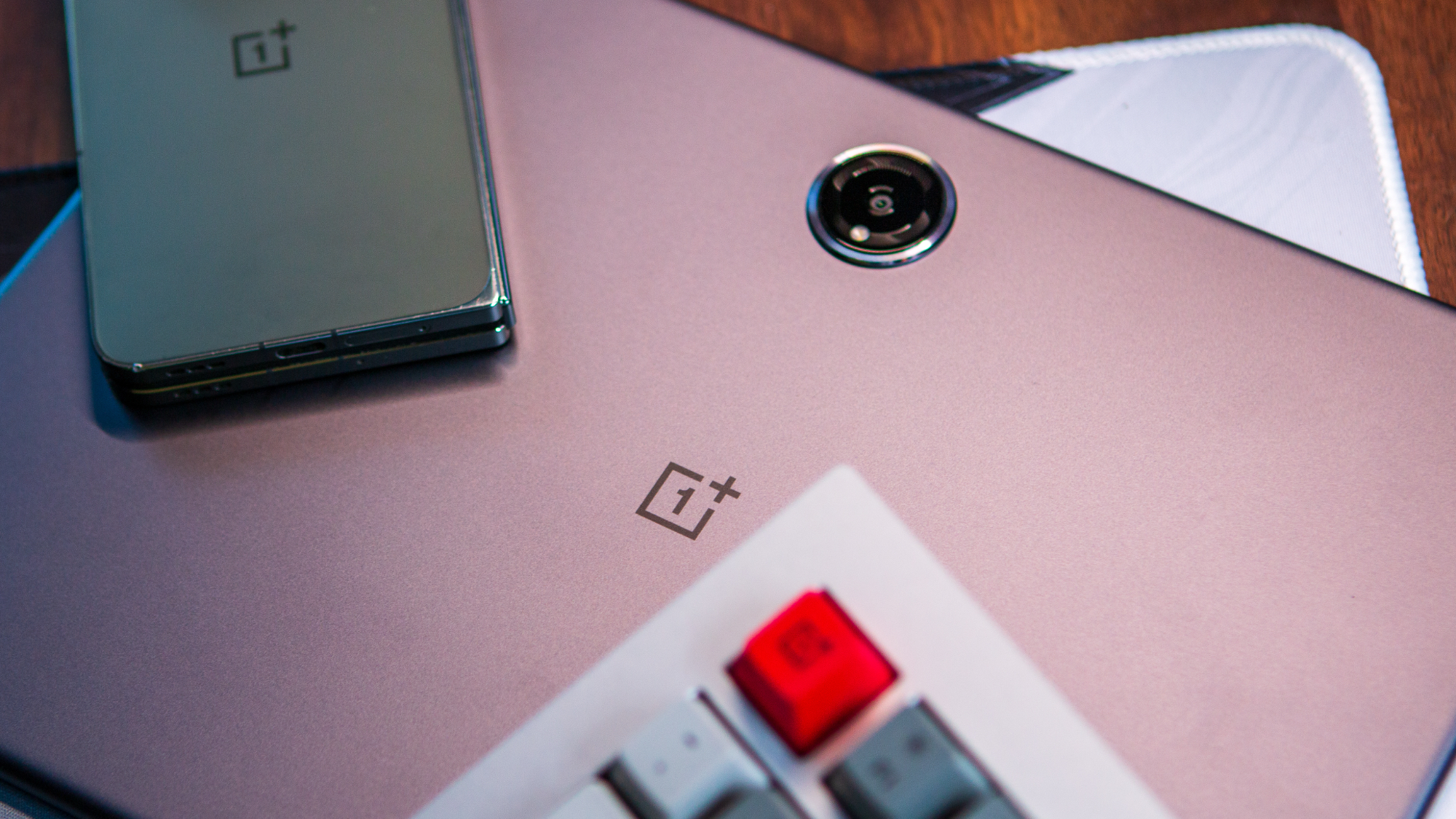Nvidia Faces Scrutiny Over Chip Exports Amid National Security Concerns

Jensen Huang, the co-founder and CEO of Nvidia Corp., made a notable appearance during the opening ceremony of the Siliconware Precision Industries Co. (SPIL) Tan Ke Plant located in Taichung, Taiwan, on January 16, 2025. This event follows a tumultuous period for the tech giant, which has recently come under intense scrutiny from U.S. lawmakers.
Just a day after Nvidia disclosed it would incur a staggering $5.5 billion in costs due to canceled orders for its H20 chip, the company found itself embroiled in a larger and more complex issue. The U.S. government announced that new regulations now require a license for exporting this particular chip to China, sparking concerns over national security. In light of this, Nvidia has publicly affirmed its commitment to adhering strictly to these export regulations.
In a statement, an Nvidia representative emphasized, The U.S. government instructs American businesses on what they can sell and where we follow the government's directions to the letter. This declaration was made in direct response to a recent investigation initiated by the House Select Committee, which is scrutinizing potential national security threats stemming from sales to China. The investigation was launched this past Wednesday, highlighting the increasing level of concern among U.S. officials regarding technology exports.
The H20 chip, which Nvidia introduced following the Biden administration's implementation of restrictions on AI chip exports in 2022, serves as a modified version meant to comply with these stringent U.S. export controls. This development is significant as it underscores the challenges faced by Nvidia in navigating the complicated landscape of international trade and technology transfer.
Moreover, Nvidia's terse response reflects the company's strategic approach to defending its business interests in Washington, D.C., particularly as its advanced technologies become the focus of heightened scrutiny related to national defense and security issues. Notably, this investigation has already taken a toll on Nvidia's stock prices, which plummeted nearly 7% on Wednesday alone.
Nvidia has an overwhelming presence in the AI chip market, with its processors being integral to many AI applications. Alarmingly, some of these chips were utilized by China's DeepSeek to develop R1, a technology that reportedly disrupted various global markets earlier this year.
In its defense, Nvidia took the opportunity to highlight its contributions to the U.S. economy, noting the substantial taxes it pays, its workforce based in the United States, and its role as a leader in technological innovation. The company went so far as to assert that its exports play a vital role in helping reduce the U.S. trade deficit, a point directly addressing President Trump's rationale for recently imposing tariffs.

























